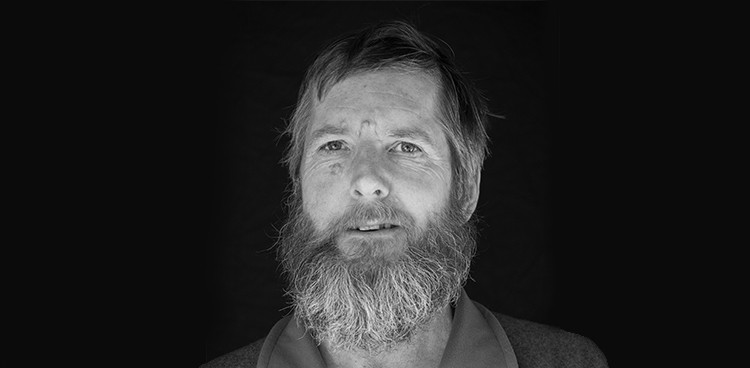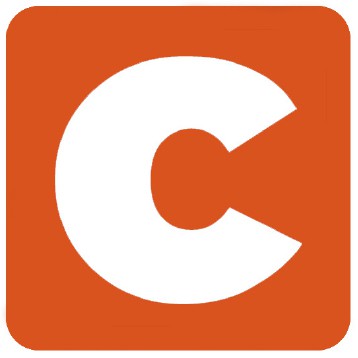
For the last 32 years, Peter Dixon has helped shape the cheese community in his home state of Vermont and beyond. “I’m a dreamer,” the dairy foods consultant and Westminster Artisan Cheesemaking instructor says. And in 2013, a big dream came true: Along with his wife, Rachel Fritz Schaal, and sister-in-law, Alex Schaal, Dixon opened Parish Hill Creamery in Westminster West, Vt. The family business turns out award-winning, small-batch cheeses from May through October, using raw cow’s milk from neighboring Elm Lea Farm, homemade starter cultures, and Maine sea salt. Although many people call Dixon an expert—we do!—the lifelong learner continues to study cheese and science and claims he’s still perfecting his craft. “You can never know everything,” Dixon says. Here, he dishes on what he does know, including bartering, guitars, and good milk.
ON EDUCATIONAL TRAVEL
There’s a region in Canada, in the mountains north of Quebec City, called Charlevoix.
Laiterie de Charlevoix has done a lot of work to bring back the Canadienne cow, an original Canadian breed, and it’s working to get young people involved in the dairy industry. I’d love to visit there to learn about what they’re doing and how it’s changing the industry.
ON CHEESE READS
One of my favorite cheese books is
Swiss Cheese: Origins, Traditional Cheese Varieties and New Creations by Dominik Flammer and Fabian Scheffold. Full of pictures, it takes you from the history of Swiss cheesemaking—how things from geography to government influenced certain traditions—to the new generation and new cheeses finding their way to the market.
ON MILK QUALITY
It really surprises people when I talk about how important milk is when making cheese. Type of diet, type of animal, location, seasonality, care, handling—all play a part in how a cheese will turn out. It all starts with the milk.
ON LIFELONG LEARNING
This spring we will be going to
Little Falls Farm in Harrison, Maine, to learn to make rennet from cheesemaker Mary Belding. I could look up a video or read about it but going through the process with someone is so much better.
ON SMART GROWTH
At our size [Parish Hill Creamery produces about 22,000 pounds of cheese a year] we can manage the quality and types of cheeses we make. If it’s just the few of us making cheese, I want to keep doing it seasonally and only produce the amount we are right now. If we have the opportunity to expand the Parish Hill family and set up other small-scale cheesemakers with their own businesses under our brand—I would like to see us grow like that.
ON BARTERING
I love selling our cheese at the farmers’ market because there’s always opportunity to barter. There’s great produce, and at our market there’s also a bread person and a mushroom person [to trade with]. We can get almost everything we need that way. When my parents first moved to Vermont, my father accepted bartering in his medical practice. There were a lot of farmers who would exchange labor or goods for his services. We met some interesting people.
ON ROOTS
Etymology was my favorite class in school. I liked learning language basics and then having the tools to piece together where other words came from and what they mean.
ON HIS FUTURE SELF
I want to be the old guy going up to my cheese house with my guitar a couple of days a week—just there to help if anyone needs me.
This interview was condensed and edited.
Feature Photo Credit: Daniel J. Clapp
Culture is America's first and best magazine devoted to the love of cheese. Explore our website for stunning photos, cheesemaker profiles, recipes, wine, beer, and a community of readers always willing to help and chat.







